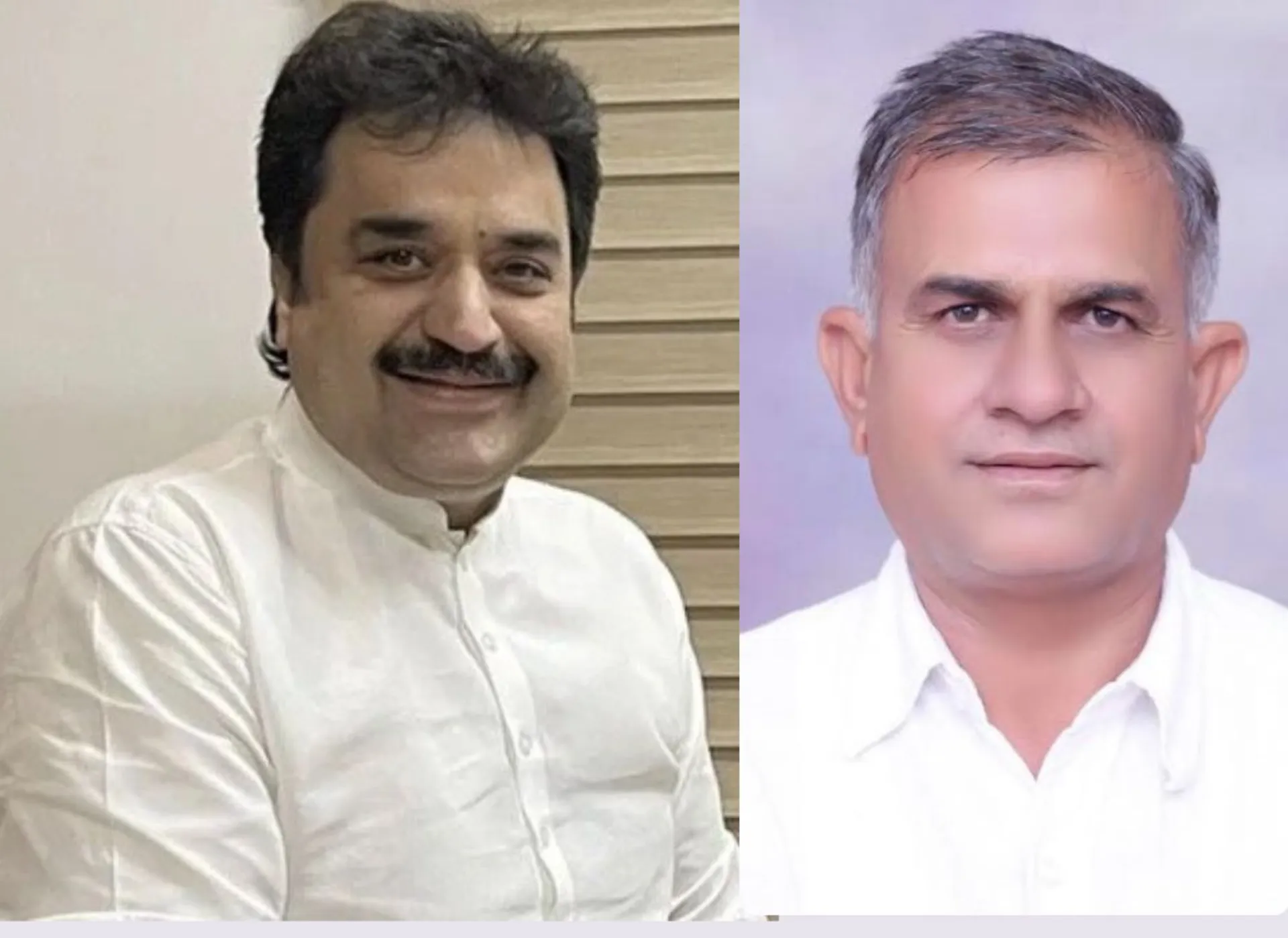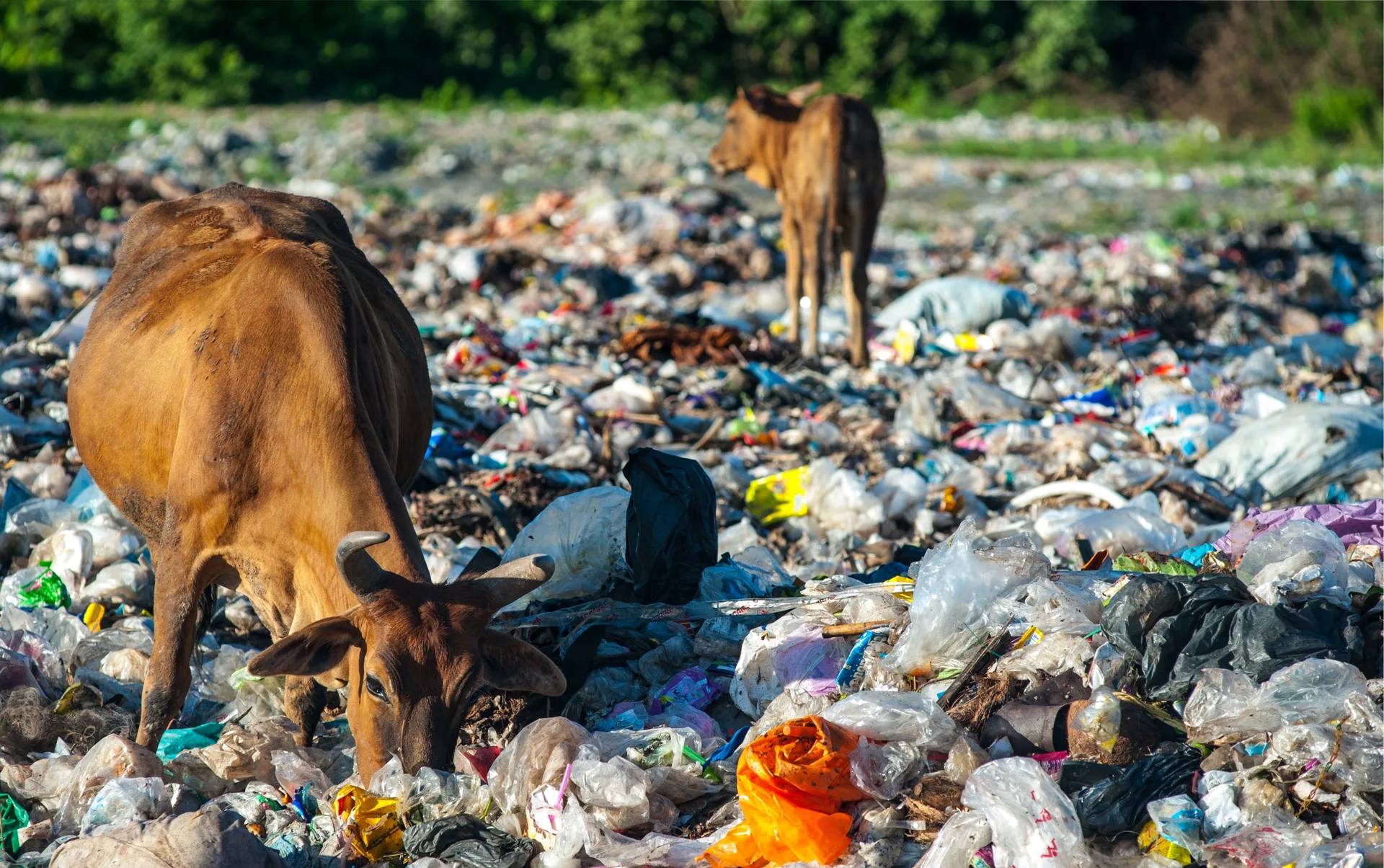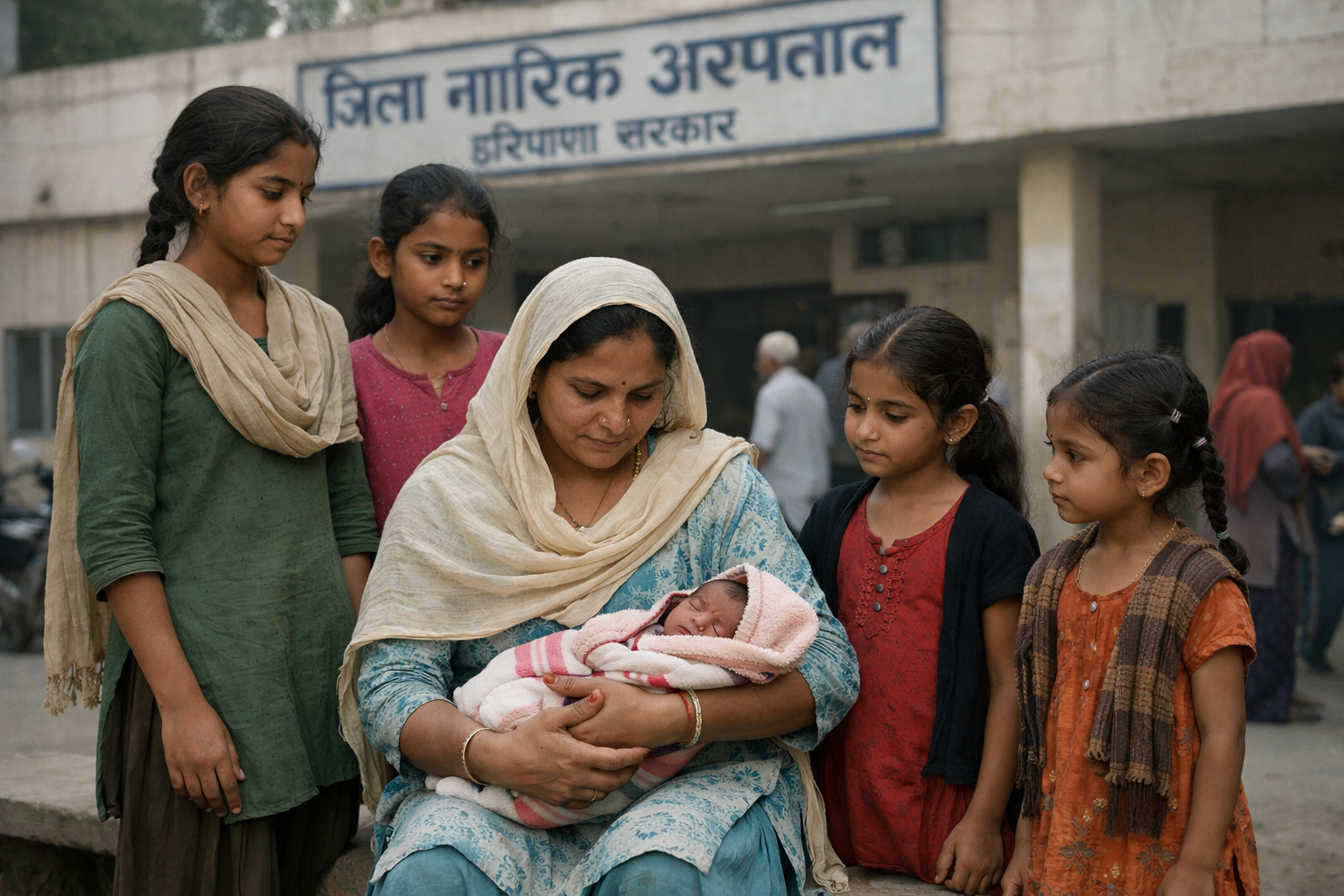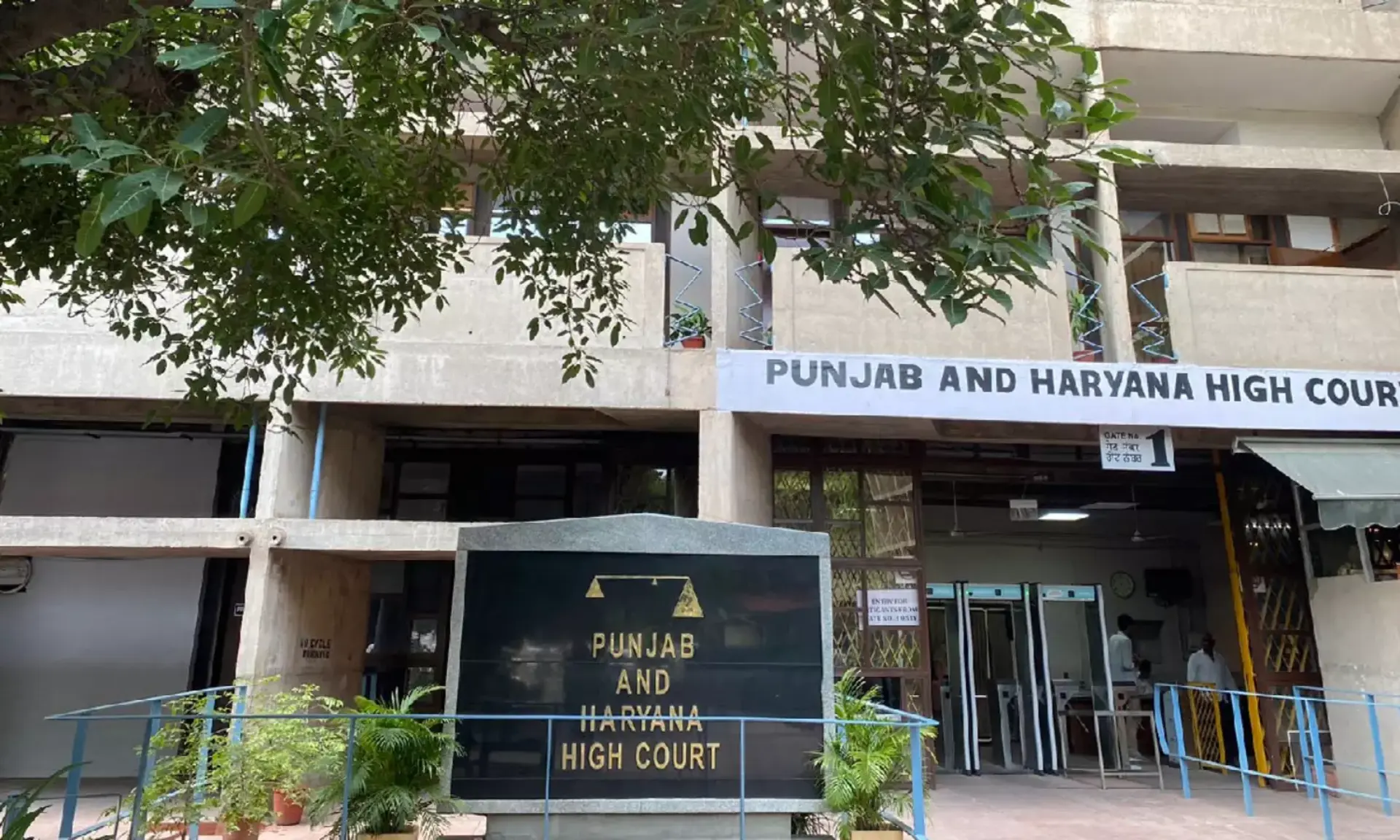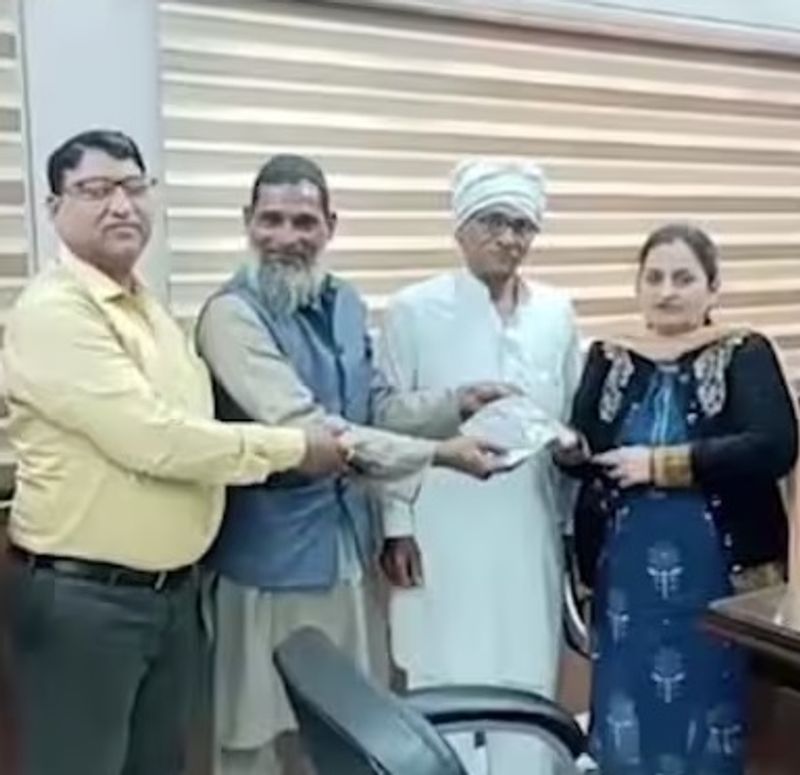
The All India Bishnoi Mahasabha, a prominent community organization, is facing its biggest leadership crisis as two top officials engage in a public power struggle, revealing deep-rooted conflicts within the community leadership. The controversy has exposed allegations of political funding demands, attempted kidnapping, and inter-caste marriage issues.
The Leadership Tussle
The conflict began when Mahasabha Patron Kuldeep Bishnoi removed President Devendra Budhiya from his position, appointing Parsaram Bishnoi as the new president. In response, Budhiya retaliated by removing Kuldeep Bishnoi from his position as patron, citing his son's inter-caste marriage as the reason, which allegedly caused significant discontent within the community.
Serious Allegations Surface
During a public meeting in Jodhpur, Budhiya made several serious allegations against Kuldeep Bishnoi. He claimed that during the assembly elections, Bishnoi demanded him to collect donations worth ₹10 crore from the community. When Budhiya failed to meet this target, pressure mounted on him to resign from his position.
The Delhi Incident
The situation took a dramatic turn when Budhiya reported a concerning incident in Delhi. According to his account, MLA Randhir Panihar, a close associate of Kuldeep Bishnoi, called him to Haryana Bhawan. There, Budhiya claims he faced pressure to sign resignation papers and alleged attempted kidnapping by Panihar and his associates.
Community Saints Speak Out
The controversy has drawn reactions from religious leaders within the community. Sant Laldas Yog Guru, a prominent Bishnoi saint, strongly criticized Kuldeep Bishnoi's actions. He accused Bishnoi of treating the Mahasabha as his personal business and demanded strict action to preserve the community's dignity.
Political Implications
The conflict has deeper political implications, especially considering recent electoral outcomes. While Randhir Panihar won his assembly seat with Kuldeep Bishnoi's support, Bishnoi's son Bhavya lost from their traditional Adampur constituency. This political backdrop adds another layer to the ongoing community leadership crisis.
A crucial meeting has been called at Mukam Dham, a religious site of the Bishnoi community, to address these issues and potentially decide the fate of both leaders. The outcome of this meeting could significantly impact the community's future leadership structure.
The crisis highlights the complex interplay between community leadership, political aspirations, and traditional values within the Bishnoi community. As the situation continues to develop, the impact on community cohesion and political alignments remains to be seen.



